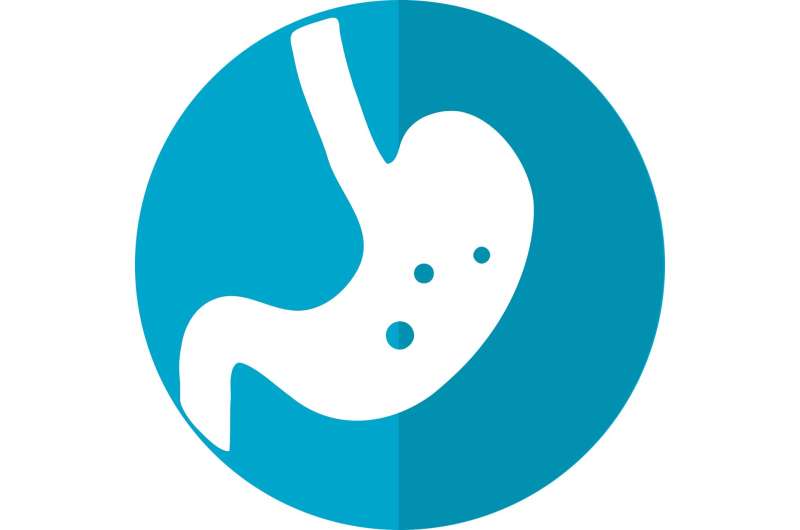Pioneering Clinical Trial Demonstrates Early Treatment Benefits for Infants with Spinal Muscular Atrophy

A recent clinical trial reveals that early administration of risdiplam in newborns with spinal muscular atrophy can improve motor development and survival, highlighting the importance of early diagnosis and intervention.
Spinal muscular atrophy (SMA) is a rare genetic disorder characterized by progressive muscle weakness that severely impacts motor development in infants. Without treatment, the most severe forms of SMA often prevent affected babies from achieving key milestones like sitting, and many do not survive past two years. Traditional approaches involve managing symptoms after symptoms appear, but recent research suggests that earlier intervention can significantly alter disease outcomes.
A groundbreaking international clinical trial led by Dr. Richard Finkel of St. Jude Children's Research Hospital examined the safety and efficacy of administering the medication risdiplam to newborns before symptoms emerge. The study involved infants genetically predisposed to SMA, who received daily risdiplam treatment within the first six weeks of life, prior to any clinical signs. The results, published in the New England Journal of Medicine, showed remarkable improvements. Most of the infants in the study gained motor skills such as sitting and walking well within the typical developmental timeframe, and importantly, there were no fatalities or serious adverse effects.
For infants with the most severe form, SMA type 1, seven out of eight children could sit independently by 12 months, and five could walk by age two. All children with less severe mutations achieved milestones like sitting and walking within normal age ranges. These findings underscore the potential of presymptomatic treatment to preserve muscle strength, enhance quality of life, and fundamentally change the disease trajectory.
The study also highlighted that initiating risdiplam early is safe and well-tolerated in newborns. As a result of this research, the Food and Drug Administration (FDA) has updated the medication’s label to include use in younger children, expanding treatment options for this vulnerable population. Researchers emphasize that starting treatment earlier can prevent the muscle atrophy caused by SMA’s loss of nerve cells, offering hope for delaying or even preventing disease progression.
The ongoing RAINBOWFISH study continues to explore even earlier intervention, including prenatal therapy, which has shown promising preliminary results. These advancements reflect a shift toward proactive, preventative treatment strategies for SMA, emphasizing the critical importance of early detection and intervention.
In conclusion, this study marks a significant step forward in SMA management, demonstrating that newborns can safely start treatment before symptoms appear, potentially transforming the outlook for children with this challenging disease.
Stay Updated with Mia's Feed
Get the latest health & wellness insights delivered straight to your inbox.
Related Articles
Mouse Models of Retinitis Pigmentosa Mirror the Human Disease RP59 Pathobiology
Researchers have developed mouse models with DHDDS gene mutations that accurately reflect the retinal degeneration observed in human RP59, advancing understanding of the disease mechanisms and potential treatments.
How Frailty Contributes to Gut Imbalance and Post-Surgical Gastrointestinal Risks
Frail patients undergoing bladder cancer surgery are at increased risk of gastrointestinal complications due to gut microbial imbalance. New research highlights the importance of assessing frailty and gut microbiota to improve surgical outcomes.
Waist-to-Height Ratio as a Key Predictor of Heart Failure Risk
A new study indicates that waist-to-height ratio is a strong predictor of incident heart failure, surpassing traditional measures like BMI. This metric helps identify at-risk individuals based on fat distribution around visceral organs.



